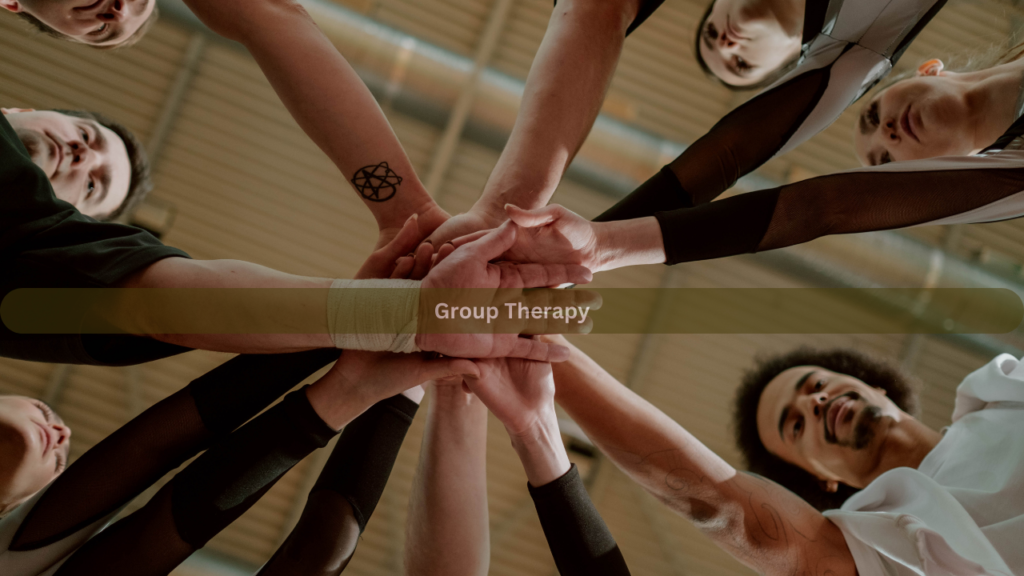
In the journey of addiction recovery, there is a profound and often overlooked force that plays a crucial role: language. The words we use, whether spoken, written, or internalized, carry an immense weight that can shape the trajectory of our healing. The linguistic power of recovery is not merely about self-expression; it’s about transforming lives, one word at a time. This article delves into how language becomes an empowering tool for individuals overcoming addiction, fostering hope, resilience, and a renewed sense of self.
Language as a Tool of Empowerment
The process of recovery is often filled with emotional and psychological challenges. People struggling with addiction frequently feel marginalized, misunderstood, or even invisible. Language can either perpetuate these feelings or help dismantle them. Empowering language shifts the narrative from one of victimhood to one of agency. For example, replacing phrases like “I am an addict” with “I am in recovery” can significantly alter how a person sees themselves. The former is a fixed label, while the latter emphasizes progress, growth, and potential.
Positive self-talk is one of the most vital components of recovery. The way individuals speak to themselves in moments of difficulty can influence their ability to persevere. Statements like “I can overcome this” or “I am strong enough to handle my cravings” reinforce a belief in one’s own resilience. When someone begins to internalize these affirmations, they start to see their struggles not as insurmountable obstacles, but as challenges they are equipped to face. Words empower not just actions, but mindsets.
The Role of Community and Language in Recovery
Group therapy, peer support, and community-based programs such as Alcoholics Anonymous (AA) or Narcotics Anonymous (NA) all utilize the power of language. The simple act of sharing one’s story within a community fosters connection and mutual support. In these groups, words are often spoken with intention and care. The common phrases, the collective vocabulary, and the shared affirmations used in these spaces provide a sense of belonging and solidarity. The language of recovery communities is often centered around encouragement, hope, and non-judgment, creating an environment where individuals feel safe to express their struggles and celebrate their progress.
The community aspect of recovery introduces another layer of linguistic power: the words of others. Hearing the experiences of others in similar situations provides validation. When someone says, “I’ve been where you are, and I made it through,” those words can serve as lifelines to individuals who may feel hopeless. These moments of shared understanding offer reassurance that they are not alone in their journey.
Redefining Identity through Language
One of the key challenges in recovery is reshaping one’s identity. Addiction can strip people of their sense of self, leaving them defined by their substance use. However, the process of recovery allows for a redefinition of identity, and words are essential to this transformation.
By carefully choosing the language used to describe themselves and their experiences, individuals in recovery can start to reclaim their identities. This shift from seeing oneself as broken or flawed to viewing oneself as a survivor or someone capable of change is monumental. It allows for a new narrative, one that emphasizes strength, resilience, and the possibility of a better future. Words like “hope,” “healing,” “progress,” and “renewal” take on deep significance in this context, as they guide individuals toward a more empowered sense of self.
Conclusion
The linguistic power of recovery is transformative. Words shape not only how individuals in recovery see themselves but also how they interact with the world around them. By using language that empowers, validates, and nurtures hope, individuals can reclaim their identities and continue their journey toward healing. In the end, the process of recovery is a deeply personal and ongoing narrative—one that is written and rewritten every day, one word at a time.